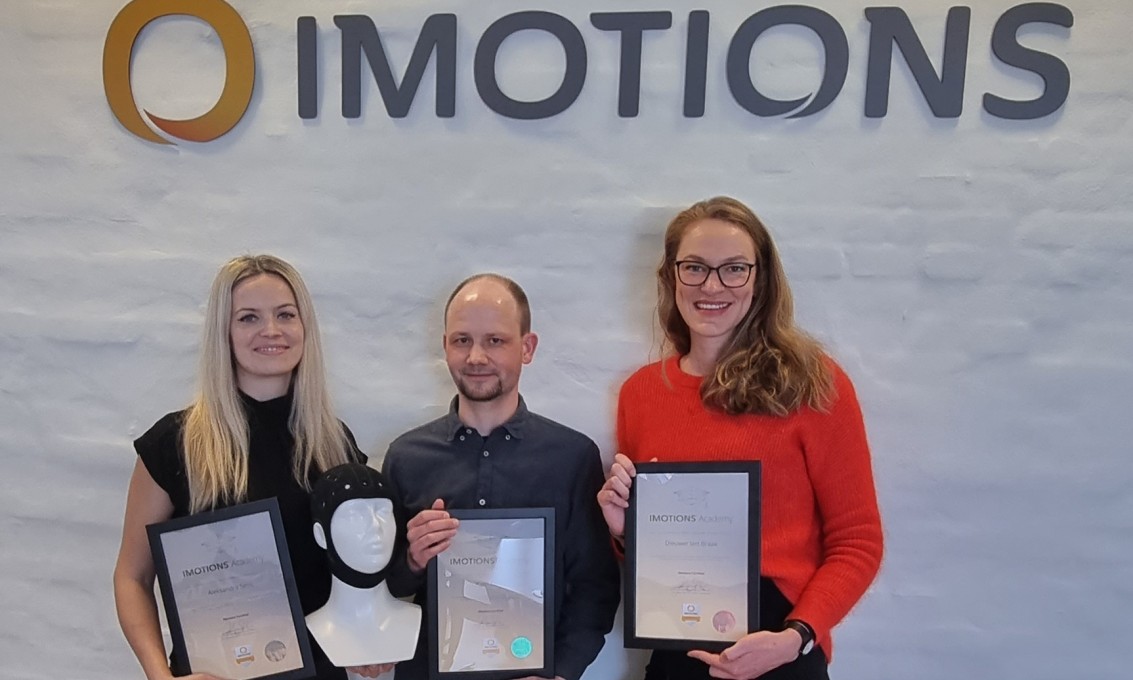The Cognitive Lab provides the natural sciences and research on cognition and artificial intelligence with a meeting place for the health sciences, psychology and various disciplines that study social conditions, human behaviour and learning.

Cognitive lab at UiS is an inter-faculty initiative that will be an arena for interdisciplinary collaboration in cognitive and behavioral research.
What is cognition?
Cognition is a term that usually incorporates mental processes such as comprehension, thoughts, reasoning, language, memory, perception, attention, and executive control functions. Cognitive neuroscience focuses specifically on the biological processes that constitute the basis for cognition. The cognitive sciences, in a broader sense, examine information processing systems in humans and animals and related to artificial intelligence. The information processed by a cognitive system may pertain to e.g. sensory perceptions, memories, thoughts or language and is often associated with knowledge, beliefs and feelings. Research can also examine interactions e.g. in the form of group dynamics or interplay between man and machine.
Signal and image processing are central
Modern cognitive research combines behavioural experiments or other experiments with the use of monitoring equipment that can measure brain structure and function (electroencephalography (EEG), magnetic resonance imaging (MRI and fMRI), physiological expressions of emotions and stress (electrodermal activity (EDA), eye-tracking), heart (electrocardiography (ECG)) or muscle (electromyography (EMG)) electrical activity, sleep patterns and other bodily reactions. Signal and image processing are central in research. The combination of behavioural experiments and biological measurements can result in new knowledge and an enhanced understanding of cognition and behaviour; it may also have an applied value, for example in the field of behavioural interventions, improved learning environment and testing of new technologies.
The lab's facilities and equipment
Research in conjunction with the Cognitive Lab includes the use of the lab's measurement and computer equipment for conducting experiments in the lab's own premises, for providing lab equipment on loan to be used outside the lab, and use of collaborating partners’ equipment. The lab's facilities and equipment will also be available for use in student projects. Any research involving animals will be non-invasive, be conducted in a way that does not influence the animals´ welfare negatively, and will only involve animals raised under conditions of good animal welfare. The lab will not keep its own animals.
Research suitable for the Cognitive lab
- Studies of cognitive function and failure; subjectively experienced health and welfare; objective studies of images of and signals from the brain
- Applied rationality; studies of perception of reality, bias, decision-making, motivation
- Comparative psychology
- Design and implementation of welfare technology
- Simulation studies using virtual reality
- Studies of perception of nature
- Studies of user experiences related to digital/analogue media, consumer behaviour etc.
- Studies of performance skills
- Organisational research/studies of working environment; professional interaction, emotional regulation, management
- Studies of learning environment and learning processes
- Studies of social interaction; trust, deception etc.
Contact persons
Morten Tønnessen, vice dean of research, Faculty of Social Sciences
Henriette Thune, vice dean of research, Faculty of Health Sciences
Helge Bøvik Larsen, vice dean of research, Faculty of Science and Technology
Trygve Eftestøl, professor, Electrical Engineering and Computer Science
Richard Piech, associate professor, Department of Social Studies
Kolbjørn Kallestein Brønnick, professor, Department of Public Health
Ulrich Dettweiler, professor, Faculty of Arts and Education
First published 26.08.2020
News from the Cognitive Lab:
iMotions software is great when you need to use multiple sensors together and they need to be synchronized. The function to include surveys and design the stimuli presentation is also quite easy to set up compared to similar software.
